Digital/internet commons are a form of commons involving the distribution and communal ownership of information resources and technology.
Examples of digital/internet commons include open-source software, open hardware, open design, open licensing, open standards, and open data. Over the last few decades, digital/internet commons have become essential components supporting sovereignty, trust, democratic values, and fundamental digital rights and principles, such as privacy and data protection, open knowledge and participation, user control over personal data, decentralisation, inclusiveness, and a green transition, among others.
Their economic and geopolitical importance has been growing exponentially, gathering increasing momentum across several communities, in line with the Digital Decade principles. But while digital/internet commons are critical in our digital life, their importance is not fully reflected at the strategic level with little representation of the communities involved, lack of structure, gaps between grassroot commoners and top-down sovereignty policies, and a fragmented funding landscape.
The NGI Commons project was established as a response to the above-mentioned points. The project will contribute to the following outcomes expected by HORIZON-CL4-2023-HUMAN-01-04 Call: Next Generation Internet Commons Policy:
- stronger integration of the NGI initiative and its vision and ecosystem with the digital/internet commons policies at the national and European levels,
- a long-term strategy for digital/internet commons based on a clear mapping of existing communities of commoners and commons,
- smooth articulation of bottom-up activities of European commoners’ communities and top-down policy priorities (e.g., reuse of commons, avoiding overlaps), and
- a more coherent funding landscape integrating national and European dimensions from public and private sectors.

